Leverage: Bringing Wealth To Your Personal Life, Investments And Business
Podcast: Play in new window | Download

What is leverage and why is it the secret to becoming wealthy? We hear that word very often in business, especially when talking about credit, but what we may not realize is that leverage refers to far more than just that. Patrick Donohoe takes a closer look at what leverage means to your personal life, investments and business. Learn why leverage is important for you to succeed in all three areas, how it is differently applied in each and how it is essentially the same core principle as a whole. Whether you’re looking to increase your investment portfolio, scale your business or simply live a fulfilling life, there is so much you can take away from this episode.
—
Watch the episode here:
Listen to the podcast here:
Leverage: Bringing Wealth To Your Personal Life, Investments And Business
Thank you for tuning in. I am going to be covering a topic that’s been on my mind quite a bit. It is the topic of leverage and how leverage is the secret to becoming wealthy. I’m going to cover three areas of leverage. Personal leverage, investment leverage, and business leverage. I hope you enjoy it. Thank you for your support. I hope you are doing well, finding opportunities, finding areas of your life that you’re happy about, and given the circumstances, are doing awesome. I wish that upon you. I have this new shirt Be Infinite. It is by my friend, Ken McElroy. If you like the shirt and design, it’s a great conversation starter. You can go to his website at KenMcElroy.com. You can also get a link that is in the resources section of the website, TheWealthStandard.com, and pick up your shirt. First, I’m going to riff quite a bit here. I have a couple of bullet points, but that’s it.
As I’ve had a lot of time, I take a walk every day. Typically, around midday around the city because there’s nobody here. I walk with my wife at night. It’s allowed me to think differently and think about some things. I don’t know if I would have otherwise had them cross my mind. A lot of it is because of podcasts and books. There’s lots of stuff that I’m trying to consume that inspire me and help me make progress in my life. The thing is, I look at the life that most people live and then I compare it to the billionaires of the world, whether it’s Jeff Bezos or Warren Buffett. Ninety-percent of the life they live in is the same life we live in. Let me explain that. They don’t get special movies, music, or average entertainment. They watch the same movies. They listen to the same music. They have the same web browser and relatively inexpensive software at their disposal.
Oftentimes, we put ourselves outside of the realm of that caliber of person and especially as it’s measured in dollars, wealth, financial and economic wealth. We think our lives are different and they’re not. I look at an example. I heard where a wealthy person could drive a Ferrari or a Bugatti, at the same time, it’s impractical transportation. All that it is, it’s a signal of a person’s or it’s a representation of a person’s wealth that they want to wear on their sleeve. I look at the average car, a Ford F-150, Toyota, or a Honda Pilot, and the actual technology, comfort, and the economy of it are superior if you think about it from a practical standpoint to someone who’s wealthy.
In the end, I often think about, “What do I want? What lifestyle do I want to live in? What would make me happy?” I connected from a financial standpoint, those that do not have wealth, those that do not have money, it’s difficult to find happiness, even though it’s not impossible. I believe financial wealth is a big piece of it. From there on, it’s how much and why? That’s where it comes down to a definition of what type of lifestyle you want to live. For me, I’ve recognized in my life and I’m no different than anybody else that what I want is I want to have a feeling of financial wealth to the point where I don’t worry about money. I also pursue having energy, being fit, and being able to not have to worry about my body or feel something that detracts from physical experience.
Also, relationships and family, my children, wife, brothers, parents, and friends. Those relationships bring me tremendous happiness and fulfillment. When I focus on it and have the distractions of money and the distractions of pain or the lack of energy, they’re gone. I got to that point. As I look at the audience and I’ve thought through, what would be most valuable to you? That’s where I broke down, how to obtain leverage in your life to achieve financial wealth and in hopes that you too start to have the distractions associated, what gives life meaning removed? Let me get into it.
Personal Leverage
Personal leverage, I brought up on the show before and he’s been a guest, Craig Ballantyne. He has one of the simplest things to follow when it comes to organization. One thing I see with working with clients and talking with people is there is a significant amount of disorganization, whether it’s financial things, budget, income, and expenses, but also how a person structures their day, week, month, year, and overall, their life. There’s a day by day mentality. I believe that there are some things in your life that you can systematize. What that does is it allows you to retain the energy and time to be spent in the areas that make the biggest difference.
A big piece of personal leverage is to have your life organized. What I mean by that is to streamline systematize what you repetitively do. Craig Ballantyne, as I mentioned, The Perfect Day Formula. You can check out his program, read his book. It’s insanely inexpensive, especially relative to what it gives you. Having a structure for your day where you understand the priority and what’s to be accomplished when that is done, you don’t have to spend energy anticipating or energy, trying to figure things out it’s done for you.
There are some things in your life that you can systematize so that you can spend more energy and time in the areas that make the biggest difference. Click To TweetYou set up days in a certain way where you’re organized and that organization becomes a structure in order for you to become more creative. That’s a big piece of what I see as personal leverage is being able to be in a creative space. Craig calls it magic time but being able to be in the most creative space because that is where all the money, all the wealth is usually created. It’s not created in the monotony. Monotony is something that human nature tries to systematize through technology innovation. That’s what we see all around us as far as the life we get to partake in and what I explained in the beginning as our lives, not being much different than the life of a billionaire because of the technologies, we are all able to enjoy regardless of status.
There are financial things, but the difference between someone that makes $100,000 a year and someone that makes $100 million a year, that’s what I’m referring to is what we partake of maybe at a lower level, is oddly similar to what the billionaire is able to enjoy. They may be able to have maybe a nicer home. Some don’t. They have an average home. Warren Buffett an average home and average car. They may travel a little bit differently, but for the most part, 90% of what we have access to is the exact same thing they have access to. It’s interesting to think about it from that standpoint, but what I’m referring to is, as you start to remove the monotony and the systems from your life, it puts you in this creative zone.
I believe all people are unique. All people have unique gifts. They have something to bring to the world but most people never discover it. I look at the level to get to when it comes to having your life and some of your financial matters organized. To get to the next level is leveraging those systems, the monotony, and the repetitiveness of your life. Systematizing that so that you can have more time, energy, and focus on the creative areas of life. Those creative areas I’ll get to those when I get into the business side of how to have leveraged both as someone who runs a business, but also someone that is a part of a business.
Hopefully, that makes sense for you. I’ll put a few more things here in regards to the personal side of things. Being strategic and being intentional about what you’re using social media for. I specifically do not use social media for social things. I use social media as a massive brainstorming mastermind group. I use it to be inspired, get ideas, see what people are reading, what they’re listening to, and for business purposes as well. You can strategically design it for that purpose. However, the lack of strategy is monotony. It’s the chaos and it takes a lot of time and energy away from you. Structuring social media is huge.
I would also say, taking advantage of the different software and different apps that are out there. People are using apps more for entertainment, not for productivity. When I look at productivity, there are many different ways in which you can use technology to ensure that your day is structured and you are anticipating or prepared the day before so that you optimize every single day, which will stack and allow you way more to be creative. From that creativity, you’re going to discover opportunities. Let me get into maybe a couple more things. Personal leverage relates to the direction our society is going when it comes to work.
My team, other than me, I come into this massive 20,000-square foot office and nobody is here but one person. My lease ends next year and we’re changing. There has been so much efficiency created in being able to operate remotely. We had a lot of the systems already. It was slightly different at the same time we’ve been able to cut expenses. We have a lot more productivity and we have a lot more happiness from the team. Where I’m going is going to be different than what I had anticipated. I believe a lot of the world is going in that direction.
The Wall Street Journal, there was a headline that said Google is essentially having their team and employees work remotely until the summer of 2021. I know it’s working for a lot of people. It may not be working for the company or business that you’re a part of. What this does is it presents an opportunity. From a leverage standpoint, when you look at a profession and how you’re earning income, what you’re doing, what you’re training is, your specialties, skillset, degrees, your experience, there are remote jobs. There are remote positions that allow you to live in an area. I love Utah. I grew up on the East Coasts. I liked the East Coast. I’m missing it because it’s the summer on Cape Cod where my parents live. I know it’s amazingly beautiful there, but it’s amazingly beautiful in the mountains the hiking. I sat there on my porch and like, “This is such a beautiful place.”

Leverage And Wealth: As you start to remove the monotony from your life, it puts you in a creative zone.
If you don’t live in a place that you think is beautiful, that’s one thing. Your environment has an oddly interesting influence on your level of happiness and fulfillment, which is what I’m pointing toward is how to get there quicker. It’s leveraging that skillset to be able to work in an area and environment that is conducive to what you want. If you’re working or you have that position, it doesn’t mean that you have to pick a place and risk it and move there. You can try places out. That’s leverage. Leveraging what’s going on in the environment as far as professions and the workplace is concerned and where businesses are going. Be able to operate your life, income, and profession from a place that you enjoy the most. That’s another huge opportunity.
In general, which I dedicated a whole season but it is the idea of doing something that you like doing. If you’re working to earn money and a paycheck, I believe that drains energy and the output that you’re getting, which is your paycheck, is there’s a significant amount of input that goes into that. I look at the output from something that you love doing and enjoy doing and know that you’re making a difference. The input is much less than if it’s something that you do not like doing. Pay attention to that input and output, and what is going in. Not time, but also energy, happiness, and fulfillment. What goes to your profession, and then what you get out of it?
Think about it, what are some of the crazy professions that exist? You can be a YouTuber or a social media influencer. Nobody thought that would be a business. You also have video game people. You have professional video game leagues where people are on salary. It’s looking at all the different professions, all the jobs that exist out there. I believe that there’s something that aligns with who you are and what you like doing, as well as allows you to operate remotely so that you can be and live in a location that is conducive to an ideal lifestyle.
Investment Leverage
Let’s get to investment leverage because this is big. I look at our world and for those of you who went in and deep dove into the Richard Duncan interviews and try to understand Ray Dalio’s How The Economic Machine Works is starting to see how important debt is to our society? The expansion of debt is how we grow. The contraction of debt is how we go into recession and how asset prices go down? We can argue the morality and the principles of what is and what should be? At the same time, what is the debt-based system, and how we purchase assets? How we use leverage to do that is vital. I’ll discuss both leverages from a financing standpoint and I’ll talk about leverage when it comes to employing other professionals with your money so that they all operate and you don’t have to do much for money to grow.
The first thing is real estate. There is this belief out there that is perpetuated by some of the financial celebrities of getting out of debt. I believe that your lifestyle from a debt standpoint should not be leveraged. Lifestyle is something that doesn’t produce additional cashflow but there are assets that do. If there are assets that produce cashflow, this is when financial leverage helps to increase cashflow, but decreases your input specifically. What I mean by that is, you could buy an investment property, rental property. There are always times to do it. You have to be particular, choosy, but going in and buying a property in cash.
There isn’t a tremendous amount of leverage. There is no financial leverage there. When you provide financial leverage, let’s say it’s $100,000 property, and you have $100,000 in cash. Putting $100,000 and buying one property, and let’s say your net rental income is $500. Doing that, you essentially have a $6,000 net return every single year, a 6% return cashflow, or you can incorporate bank leverage. That’s what interesting is that banks don’t lend on many assets, but they do lend on real estate assets. If you bought a rental property for $100,000 and you have $100,000 in cash and you chose to get a $50,000 mortgage, maybe a couple $100 in payments, but you’re able to obtain two properties with $100,000 in cash that you have.
That’s the thing when you use that leverage, what you do is double the asset value. You also increase cashflow beyond what that $500 is. It may be more after you factor in the mortgage payments. What you also do is align your investment choice with where the economy is going and how monetary policy impacts the prices of assets. When you look at debt as the Federal Reserve Central Banks increase debt, increase the amount of leverage in society, it’s going to push all prices up, and that’s known as inflation. When you have a $50,000 mortgage, the value, the purchasing power of $50,000 is not going to be the same in the future, if that is the trend, as far as where the government is going. The $50,000 you’d pay that down in payments, but also the value of that $50,000 will be 2%, 3%, 4% less because of inflation.
Good business rhythm frees up energy and time for you and your team to operate in a zone of creativity. Click To TweetAdditionally, the asset of a piece of real estate will go up in value. I did a little mini-course about real estate investment. What it does is it explains, and it shows the financial numbers and details of buying a house in cash and then buying a house with leverage. You can see the difference and see how it plays out over the course of time. That’s financial leverage. When it comes to investments, I’ve owned lots of rental properties for many years. I’ve been a landlord. I’ve had my wife be a landlord. We’ve had property management, which means you have to be the manager of the manager. There comes, I would say the ability to employ those that have syndication, those that are professionals have history and essentially, aggregate capital and go into much bigger deals.
Ken McElroy is someone that I’ve made quite a bit of investment in. He’s the one I mentioned on the show, as far as the shirt that I’m wearing. Kenny has a company called MC Companies and they have tens of thousands of units around the country. In order to get into those big apartment complexes, which are several tens of millions of dollars, they aggregate investor capital. By investing in those types of projects, I’m not a landlord. I don’t have to worry about property management. I don’t have to worry about the tenants. I am able to leverage the experience of someone that is way more knowledgeable of markets. Someone that’s more knowledgeable about values and that has played out well for me.
There are a lot of people that syndicate that raises money. They do not have a good reputation or experience. Sometimes it does go sideways. That’s where the importance of due diligence and understanding the person who is putting deals like that together is paramount. That’s a big responsibility on your part. At the same time, the effort that you put into that and as you start to understand the variables to make or break a business that will allow you to make one decision, and then you don’t have to essentially make decisions again, other than maybe do this deal or not do that deal. All of the backend work is taken care of. That’s another example of financial leverage. I’m going to summarize personal and financial leverage. The definition of leverage is doing more with the same or doing more with less. You’re able to have more progress and have a multidimensional aspect to the decisions that you make.
Business Leverage
The importance of doing that is you’re able to employ the minds, efforts, and experience of other people. As I talked about in the show about leadership, it gets into the business side of things, which is where we’re going. From a business standpoint, I’ve made a ton of errors in business more than I’ve ever admitted to the show. I’ve admitted a lot in the book that I wrote. Some of them are micro, tiny errors. I made some big errors, judgment in people, hiring the wrong people, holding onto people too long, as I said, tolerating behavior, and not wanting to confront difficult situations. It’s taught me some valuable lessons and there was a lot of pain. It was difficult at the moment at the same time it taught me that here’s what happened. Here’s why it was painful, and this is how to avoid that in the future and do something better.
I look at leadership principles, the creation of culture, being a part of a company or being a part of something that makes a difference, as well as its mission-driven, honesty, and integrity and the ethical factor is also vitally important. When you see that compromised, then that is something that you steer away from, whether that’s the head of a company or a boss. You want to pay attention to their principles. When you start to see unprincipled behavior in one aspect of their life, chances are it’s happening in the business, even though there may be some masking there. I look at the company and the business you choose to be a part of an understanding of their values and principles. If those align with your principles and values. That’s vital in order to have a healthy relationship.
What that does is it saves energy. It conserves energy allows energy to be focused in the best areas. If something’s going to happen to the company in the future, and you’ve spent all this time, all this effort there and eco sideways based off of something, that’s out of your control. You’ve got to go start over. It’s understanding that now so that you have a better perspective of how things are going to be in the future. Going back to the leadership idea, leadership is being able to operate as a team, a unit in order to achieve a certain end. Individual effort is one dimensional. There’s only one mind involved, but when you have two minds, you essentially have a third person or third entity if you will. You have 1, 2 people, and then the combination of two people into the collaboration exchange of ideas.
Being able to lead to operating in a team is something that we’re not taught? This is not something that schools teach. It’s something that I believe is necessary in the business world, whether you’re in management, you own, or you’re an entry-level employee. It is being able to hone in on the skills of what good leadership is and start to lead people, support, inspire, do good to them, and praise their work. There’s a number of ways to do it, but that’s a huge aspect of a business. I’ll go back to what I explained from a personal standpoint. In business, there are many things that are not systematized. They’re monotonous and repetitive, especially if you’re a business owner. If your employee time is spent there when either technology, a system or SOP, Standard Operating Procedures, what those do is it creates uniformity on the things that are mundane. It allows employees and people to operate in a more creative zone.

Leverage And Wealth: We are a debt based system and how we purchase assets and how we use leverage to do that is vital.
It’s the establishment of systems and businesses that allow leverage. I would say technology and business are also paramount. I see far too often people operating their finances, operating their customers and leads on spreadsheets, and there are much waste and inefficiency with the energy that’s spent there. The reason why I’m explaining this as if you’re a business owner, establishing good business systems, business rhythm, and meeting rhythm. What that allows you to do is systematize the predictable. What that does is it frees up energy and time so that you can operate in a zone of creativity, which creates even more ideas. It aligns those ideas with what is even more valuable to customers and clients and provides them more value, which ultimately grows revenue, grows the business, etc.
Leveraging business too, I see as understanding individual strengths within a team, within a unit, and not having the same person in each of the roles on the team. It’s having different personalities, complementary roles based on whether it’s a personality, based on skillset, based on experience and natural abilities. That’s also vital. I look at a business owner and their responsibility to always obtain leverage, which is doing more with the same or less, but also, I would put the success of an employee and that might be you. You might be either role in the ability to identify points of leverage. When you’re able to identify ways in which something can be streamlined when you’re able to identify, how to do more with the same or do more with less, what that does is it starts to present opportunities.
You may be saying, “If I do that, they’re going to think I’m trying to take their job.” If those types of relationships or feelings exist in the business place, that’s a business that I would say does not align with the principles and values of a successful business. That puts that in question. Getting into bringing a good amount of energy, ideas, creativity to a business that’s where I’ll go back to the personal leverage. As you’re able to systematize your day, I look at people not being able to operate at full capacity for eight hours a day. I would estimate and I know there are studies that have been done here, where energy, focus, and commitment is maybe 4 or 5 hours a day at the most.
That’s where I look at being able to have personal leverage so that you have a structured and organized routine in your life so that you can have more energy and creativity zone. Being able to bring that to a business, allow you to make a difference. As you make a difference, you get more money both as a business owner and as a person that’s part of a business. The two are connected, the same principles of success apply. That comes to life in general. The opportunities for leverage are everywhere. If you can have that word at the top of your mind and have it as a lens that you slip over your eyes so that you can view your life, where you are, your business or the business that you operate in and find, leverage, find the ability to do more with the same or do more with less. I guarantee that those are the principles that are going to make you more money and put you in the position of achieving wealth and living an even more fulfilling life.
Thank you for tuning in. I hope you learned something, go out and create some value, go out and find some leverage. Head over to TheWealthStandard.com. There’s also our resources section that is stockfull of businesses, services, and programs that I’ve followed to create leverage in my life. I know that it would make a difference in yours. I hope you find those resources valuable. Thanks so much again. Thanks for the support. Head over to iTunes, if you feel compelled to provide a review that always helps. Thanks again. We’ll talk to you. See you.
Important Links:
- KenMcElroy.com
- Craig Ballantyne – Previous episode
- The Perfect Day Formula
- Richard Duncan – Previous episode
- How The Economic Machine Works
- iTunes – The Wealth Standard Podcast
- MC Companies
Love the show? Subscribe, rate, review, and share!

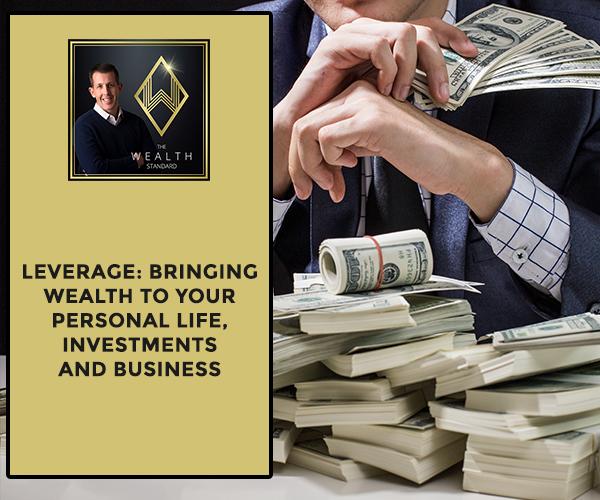
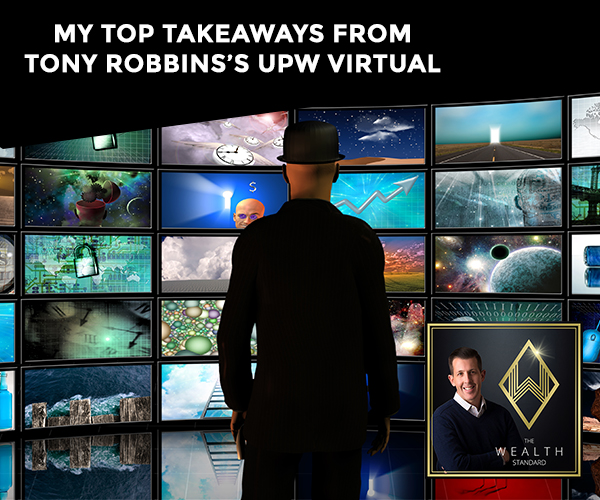
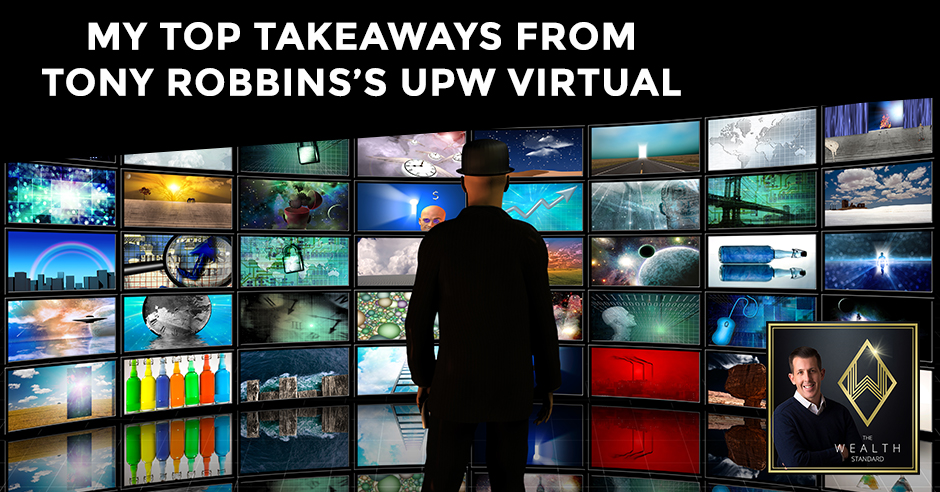






 President and CEO, dedicated to challenging Wall Street with Personal Financial strategies and systems that work.
President and CEO, dedicated to challenging Wall Street with Personal Financial strategies and systems that work.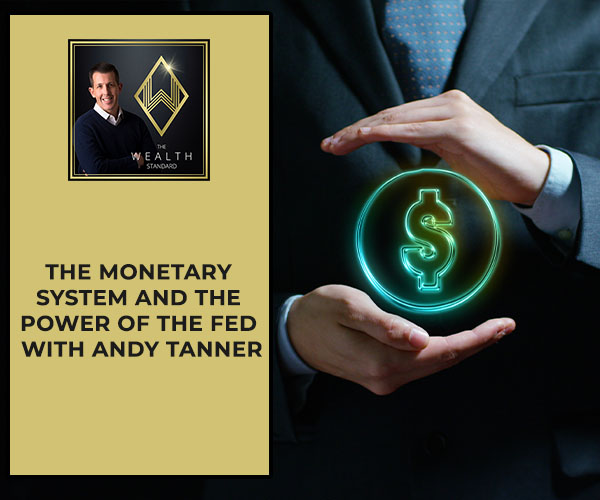
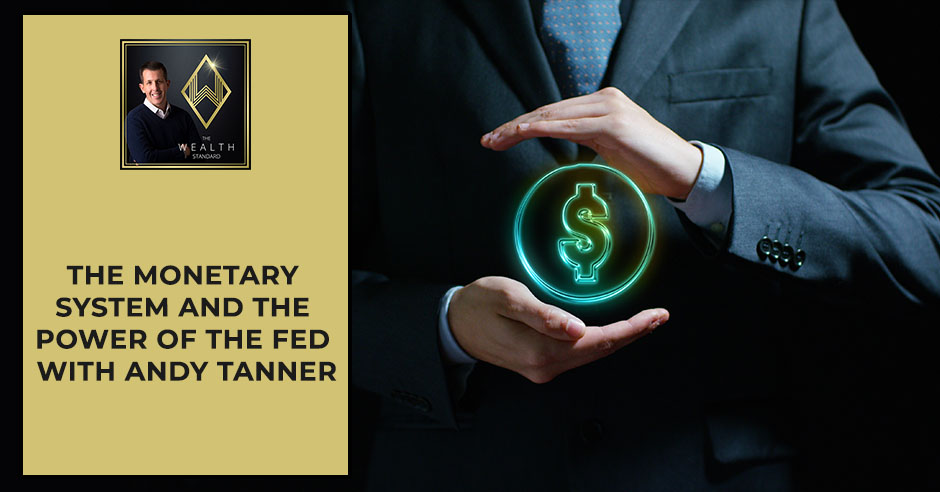



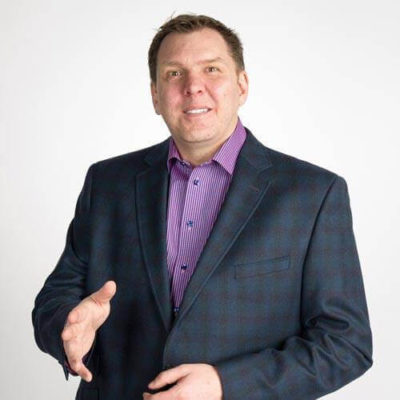 Andy is a renowned paper assets expert and successful business owner and investor known for his ability to teach key techniques for stock options investing. He serves as a coach to Rich Dad’s Stock Success System trainers and as the Rich Dad Advisor for Paper Assets.
Andy is a renowned paper assets expert and successful business owner and investor known for his ability to teach key techniques for stock options investing. He serves as a coach to Rich Dad’s Stock Success System trainers and as the Rich Dad Advisor for Paper Assets.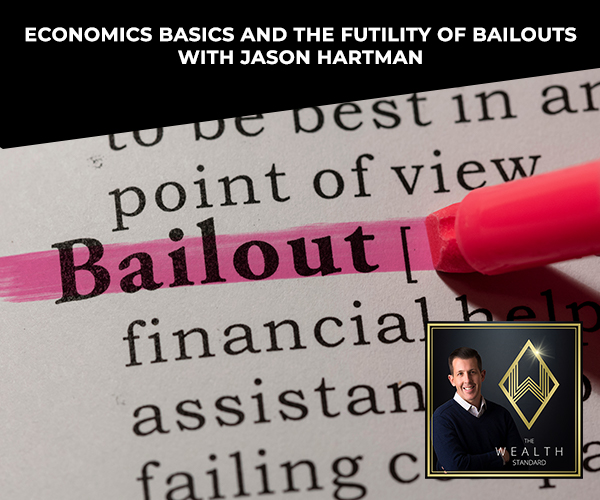
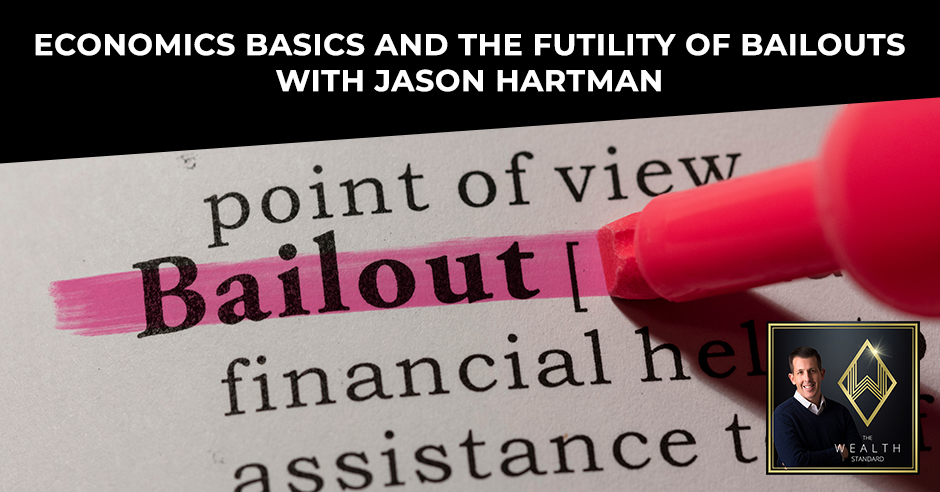




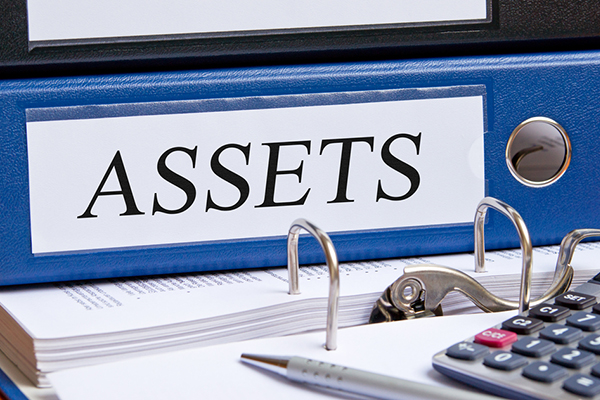
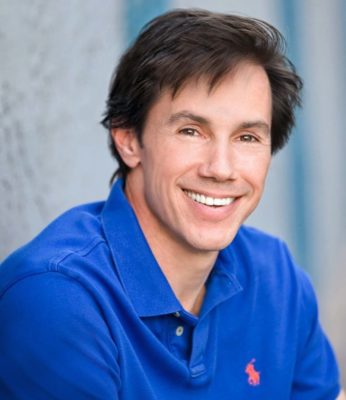 Jason Hartman is the Founder of the Platinum Properties Investor Network and host of the Creating Wealth podcast, which is heard in more than 180 countries. Jason is a genuine self-made multi-millionaire and serial entrepreneur who owns 21 businesses in investing, financing, real estate development, and SaaS software. He has owned properties in 11 states, had hundreds of tenants, and been involved in several thousand real estate transactions. He has visited 83 countries, enjoys adventure, fitness, and lifelong learning.
Jason Hartman is the Founder of the Platinum Properties Investor Network and host of the Creating Wealth podcast, which is heard in more than 180 countries. Jason is a genuine self-made multi-millionaire and serial entrepreneur who owns 21 businesses in investing, financing, real estate development, and SaaS software. He has owned properties in 11 states, had hundreds of tenants, and been involved in several thousand real estate transactions. He has visited 83 countries, enjoys adventure, fitness, and lifelong learning.













